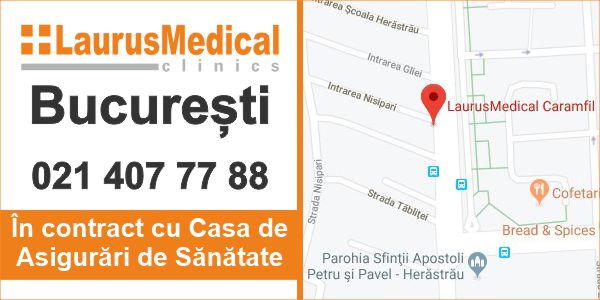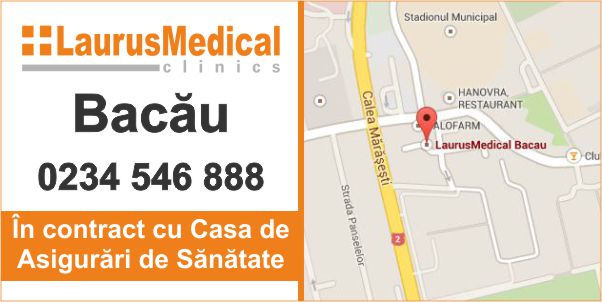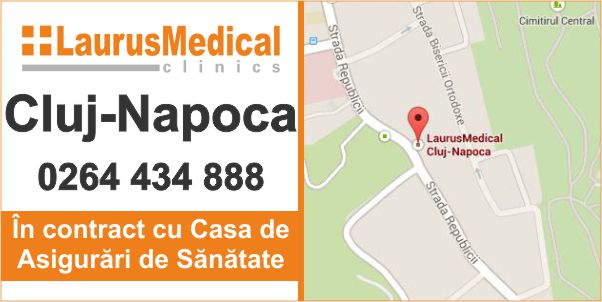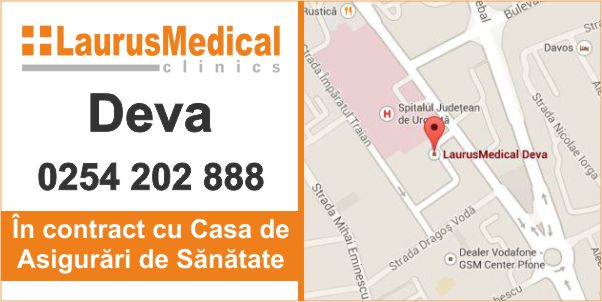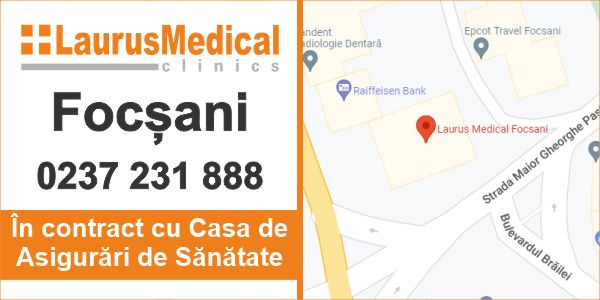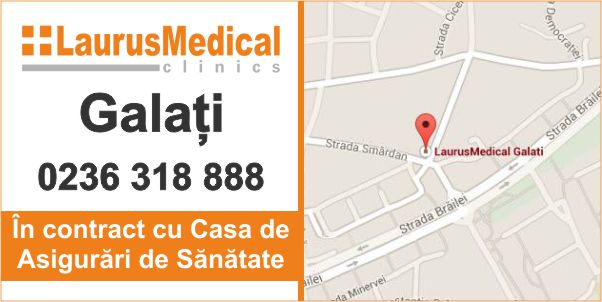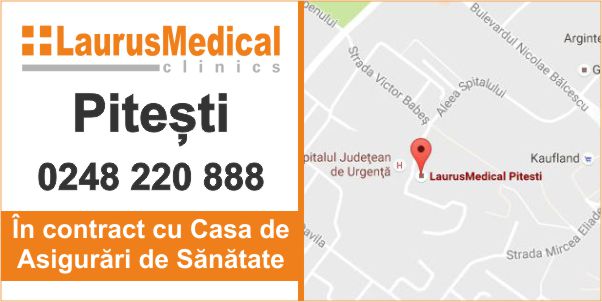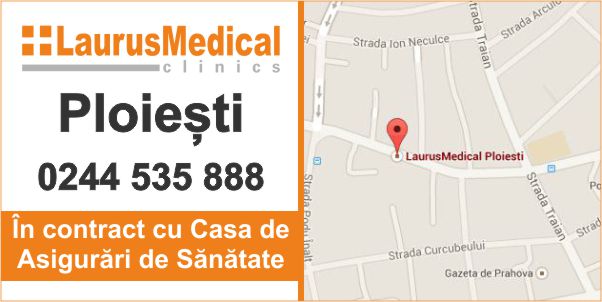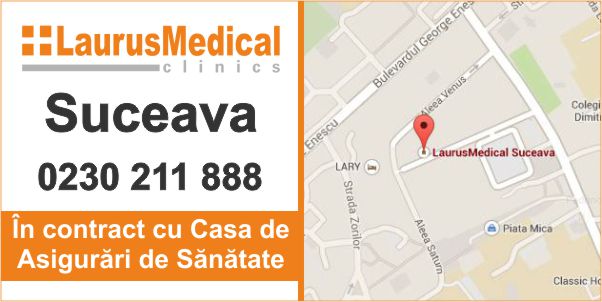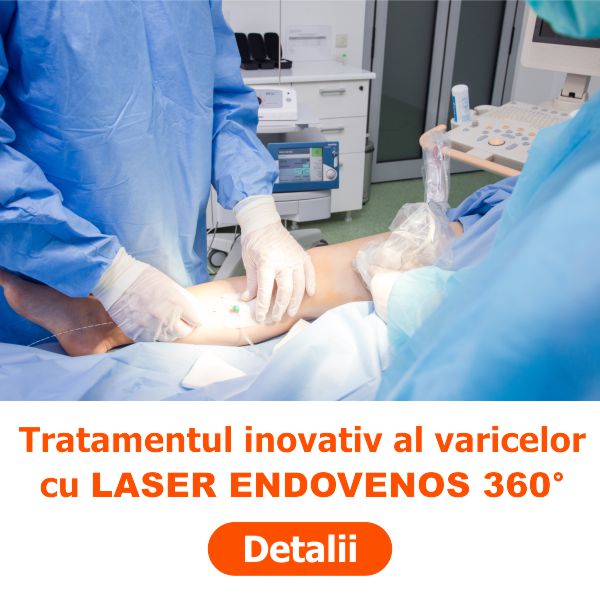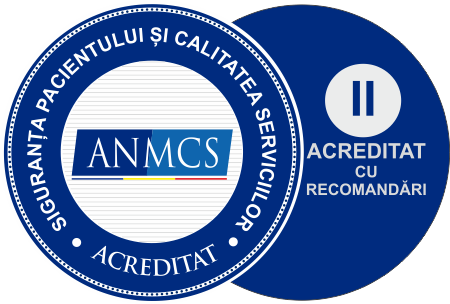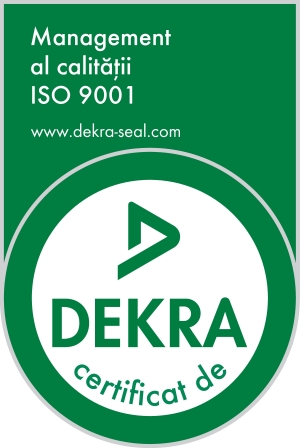What Is Colonoscopy?
Colonoscopy is a method that helps examine the entire colon, using the wide-angle lens video endoscope. In time, we have noticed that many patients wonder whether colonoscopy is a painful, but necessary investigation. This fear often prevents the early diagnosis of devastating diseases, such as colon cancer.
A major advantage of having the colonoscopy performed in Laurus Medical’s Clinics in Bucharest, Bacau, Cluj-Napoca, Deva, Galati, Focsani, Pitesti, Ploiesti sau Suceava is that the investigation may be carried out on the family physician’s referral only, WITH NO COPAYMENT, based on the agreements that Laurus Medical has signed with the territorial Health Insurance Funds.
Is Colonoscopy Painful?
The modern technology helps entirely eliminate colonoscopy-related pain. In Laurus Medical Clinics, this procedure is available with sedation, upon request, the investigation being entirely safe and without any prejudice to the patient.
Thus, a colonoscopy with sedation helps fully eliminate pain and protects the patient from the procedure-specific fear and embarrassment, while gaining precious time in the case of precancerous conditions discovered upon this investigation.
How To Prepare For Your Colonoscopy
The standard preparation supposes the administration of osmotically active solutions. The preparation starts on the morning prior to the investigation and, after breakfast, which should not be a light one, the patient will be on a hydric diet. They are only allowed to drink clear liquids: plain water, tea, compote, clear soup (in any quantities). Diabetic patients may sweeten these liquids to avoid hypoglycemia. No solid foods are allowed. Starting 3pm, you must start drinking the solution prepared according to the indications, in order to ensure the full colon emptying, so that the last stool excreted is colourless. You will have numerous explosive stools, which is why you must make sure the toilet is nearby.
Colonoscopy Preparations
Patients suffering from accentuated chronic constipation require a higher solution dose and, possibly, the additional administration of laxatives or an evacuation enema. In the case of patients with a subocclusive syndrome, special caution must be exerted, to avoid the risk of occlusion, which requires an emergency surgical intervention. In the case of patients with an ileostomy or colon resections, the preparations are identical, but a lower solution dose might be sufficient.
Indications:
Diagnoses
- evaluation of an irigography abnormality;
- GI haemorrhage of unknown cause;
- iron deficiency anaemia of unknown cause;
- GI inflammatory diseases: diagnosis, prognosis, follow-up;
- chronic diarrhea: a biopsy is collected even if the mucous membrane is normal;
- the assessment of the colorectal cancer risk depending on the risk level (patients with polyps, with colorectal cancer surgery, with inflammatory bowel disease, with a family history of cancer);
Therapeutic
- treatment of lower GI haemorrhage;
- foreign body extraction;
- chronic polyp excision;
- balloon dilation of stenosis;
- colon devolvulation;
Colonoscopy could save your life!
Colonoscopy Information Guide
Find an answer to your colonoscopy questions, what it supposes, how you should prepare for it and, most importantly, why it is that you should perform this investigation, what it can disclose on your health condition, all in an information guide developed by Laurus Medical Team, based on their experience of more than 10 years.
Counter indications:
Absolute:
- digestive perforation;
- fulminant colitis;
- acute diverticulitis;
Relative:
- non-cooperating patient;
- myocardial infarction, recent stroke;
- severe coagulopathy;
- advanced pregnancy;
Pre-medication:
- antispastic medication is administered IV during colonoscopy and it ensures a hypotony that is sufficient for 7-10 minutes;
- sedatives are administered IV 5-10 minutes prior to the colonoscopy. They guarantee the increased patient tolerability and the colon hypotony. However, the colon may become longer, making the exploration more difficult, and the removal of the pain factor associated to the safety of this investigation is eliminated.


